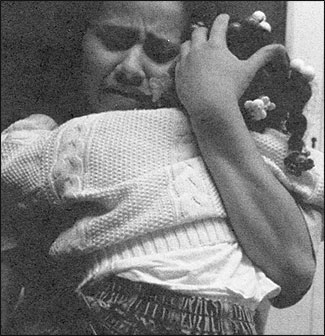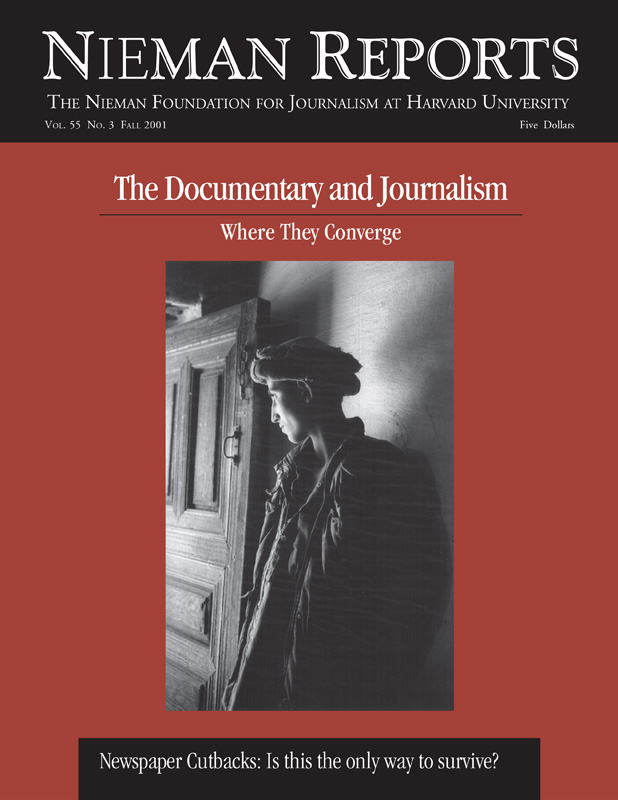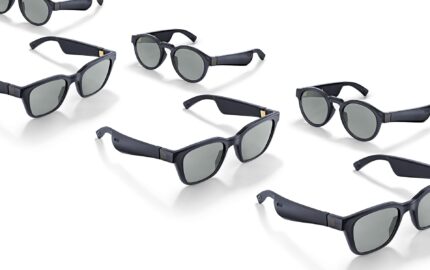
I had been incarcerated at the Rhode Island Training School for three years when I met Joe [Richman]. He asked if I wanted to carry a tape recorder around the training school for a few months and record my life. I told him yes. But at the same time I was wondering why in the world would people be interested in someone that’s not famous at all. I mean, what’s the point?
That was 1999. Three years earlier, when I was 15, I cut a girl many times on her face with a razor. The judge had locked me up for six years. I didn’t think anybody would want to hear from a criminal’s point of view. I figured people would hate me for what I did, or at least they wouldn’t be interested.
At first it was strange to carry the tape recorder around, but it also made me feel special. There were times when I had no one to speak to. The recorder became my friend and social worker. It was like I was keeping a verbal journal. I knew that one day, millions of people would hear my story. But I never pictured it like I was talking to the whole world. I felt like I was just talking and nobody’s listening. It was just me and the recorder.
I remember one time I stayed up all night in my cell to watch the sunrise. I hadn’t seen it in a long time, and I told the tape recorder how one day I was going to see the sunrise from a better view. And that’s what happened. Soon after that night, the judge decided that I was rehabilitated and let me out three years early.
I was scared to have my story on the radio. But when I heard it, I began to understand why people might want to listen to somebody that’s not famous. I guess it’s so you’ll know about other human beings that you may not know about, and hear their stories.
“Sometimes, you know, I just look out the window and I just sit here and think like something I decided in 10 minutes changed my entire life. Not even 10 minutes. I mean three years gone by, and I’m still sitting here. What would I be doing if I was out? What would my life be like? Would I have finished school? Would I have settled down? Would I have done something worse? I just look out the window, and I think about all this stuff.”—From “Prison Diaries” series.
Cristel was released in early 2000 after being incarcerated for three and a half years. Now 20 years old, she lives with her boyfriend and two daughters and still carries her tape recorder with her.



